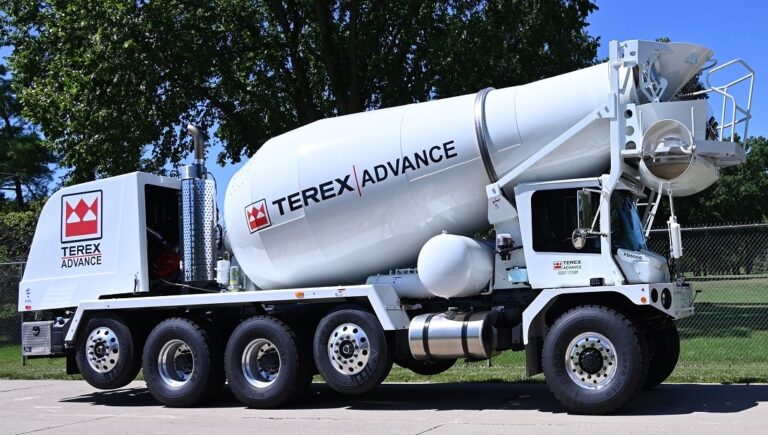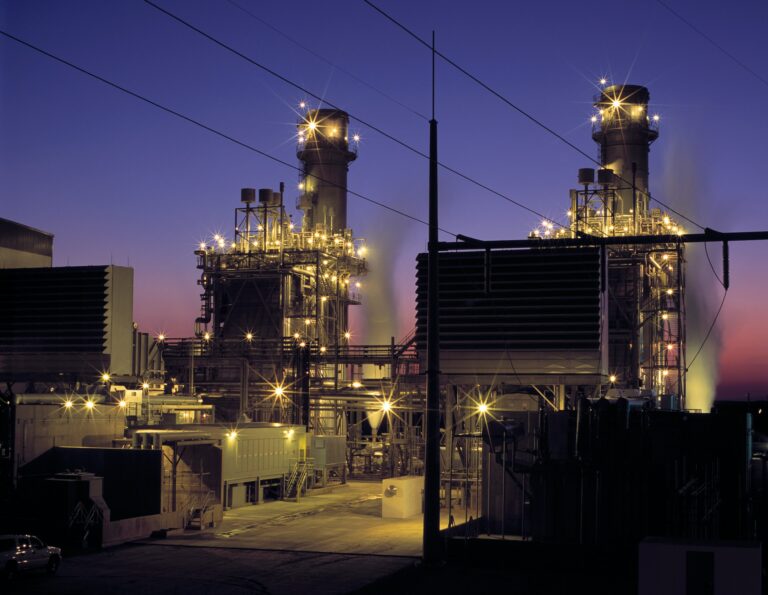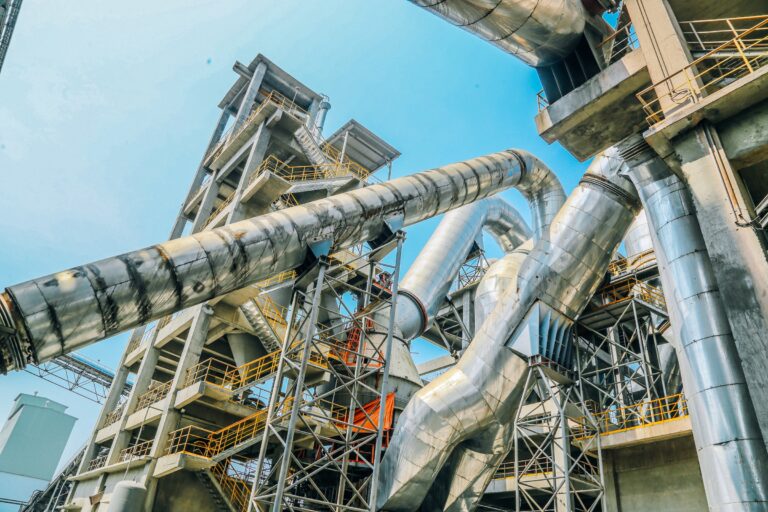PCC Hydrogen Secured Crucial Funding from USDA and KSTC
LOUISVILLE, Ky. — PCC Hydrogen Inc. (PCCH2) is pleased to announce that the company has been awarded a highly competitive Small Business Innovative Research (SBIR) Phase I Award of $175,000 from the United States Department of Agriculture (USDA) National Institute of Food and Agriculture (NIFA). PCCH2 has also been awarded a Matching Grant Award of $99,917 from the Kentucky Cabinet For Economic Development (KCED) through the Matching Grant program. Funding from both grants will be used to advance the technological and commercial development of the Company’s novel negative carbon intensity hydrogen production process using ethanol as a feedstock.
Hydrogen is viewed as a key fuel source in the global movement to decarbonize. Hydrogen production by large scale electrolyzers has been proposed as an attractive solution for locations where low-cost hydro, nuclear, or large renewable power sources like wind farms and large solar installations are available. Given the large energy and economic penalties associated with the transport, delivery, and storage of hydrogen, many parts of the country will be sparsely covered by centralized hydrogen production units.
Ethanol has a vital role to play in hydrogen production because it is already abundantly available (currently over 15 billion gallons produced annually in the US), readily extractable from fermentation of biomass, simple to transport, and it supports our farming communities.
An essential component to the use of ethanol as a green source of hydrogen is the ability to efficiently and cost effectively convert it to hydrogen in a compact production process that can be easily replicated in many locales. The USDA Phase 1 SBIR award received by PCCH2 funds the critical work associated with the integration of several enabling technologies: 1) patented catalyst technology; 2) an adiabatic oxidative reformer system; and, 3) an electrolyzer for both hydrogen and oxygen production. In combination, these three components greatly simplify the process of converting ethanol to hydrogen while yielding a pure carbon dioxide stream. By either co-locating or using a green mixture of power for the electrolyzer, the capture and sequestration of the byproduct carbon dioxide, yields hydrogen with a net negative carbon intensity. The USDA only grants SBIR aid to 12% of companies that apply annually. Earning the grant is a highly competitive process, which includes passing both a technical review from the USDA and securing endorsements from the producer industry following trials of the technology.
The KCED matching funds supplement the USDA grant and will allow PCCH2 to explore the commercial potential of net negative carbon intensity hydrogen in various applications, to include as a fuel for grid independent fuel cell powered battery electric vehicle (BEV) charging stations. In this application, low cost, negative carbon intensity hydrogen is deployed to fuel cell powered, non-grid connected, level 3 charging stations. Because power delivered to BEVs is produced from PCCH2’s hydrogen, and not the grid, each BEV mile driven on a PCCH2 charge reduces CO2.
“The grant funding from both USDA and KCED are crucial to the technological and commercial development of our novel process. We are grateful to both agencies for their support and look forward to launching the first commercial ethanol to hydrogen production facility in 2024 followed shortly thereafter with a demonstration of our zero-emissions vehicle electric charging station,” stated Timothy Fogarty, PCC Hydrogen CEO.





